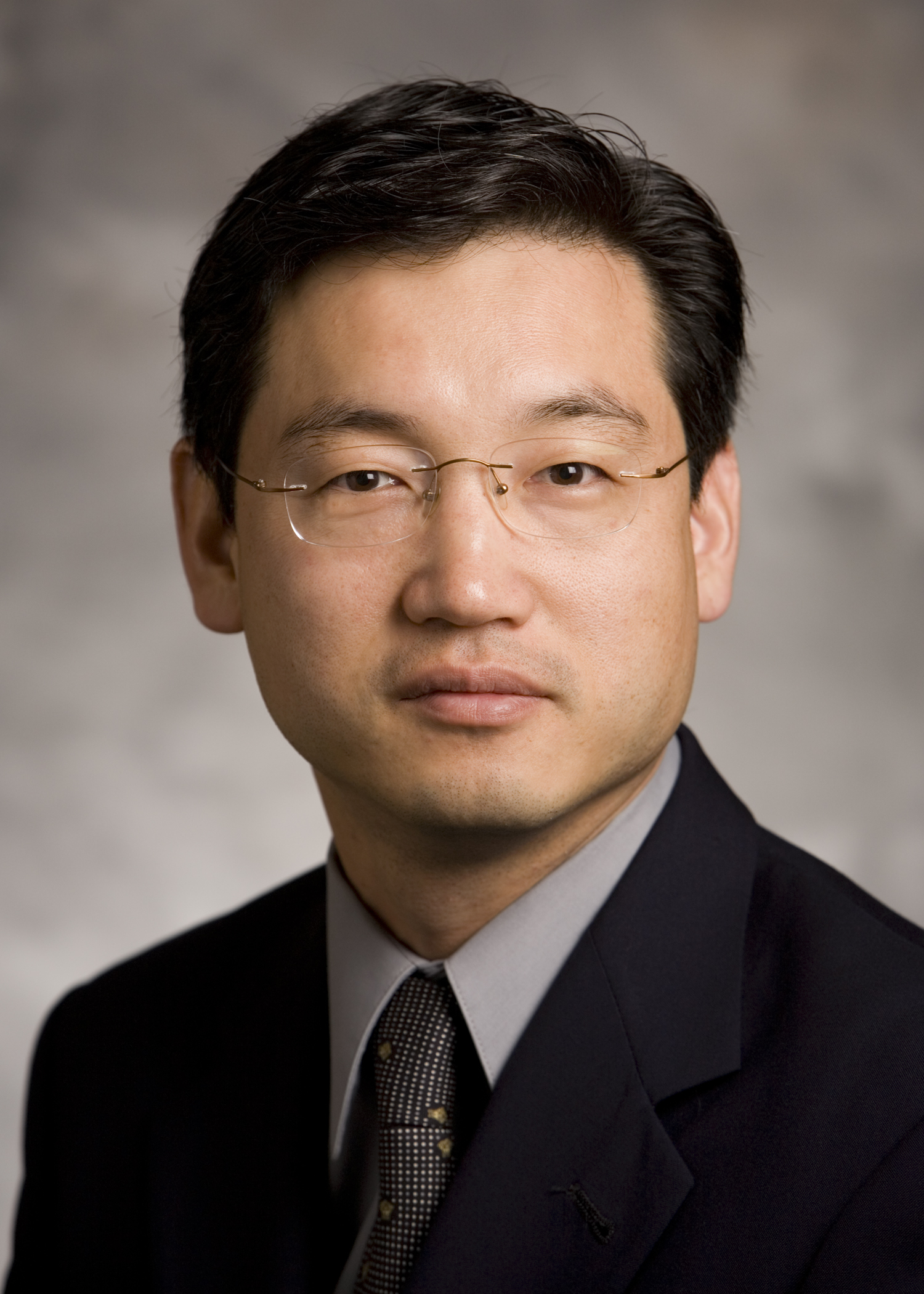
With systemic lupus erythematosus, (SLE or lupus), altered immune responses to autoantigens and autoantibody production lead to tissue injury. During the past several decades, more effective treatments have helped patients with lupus live longer, leading researchers to study the extended effects of the disease, including the development of neuropsychiatric lupus (NPSLE).
“A large proportion of patients with SLE develop neuropsychiatric manifestations ranging from cognitive dysfunction, mood disorder, psychiatric diseases, seizures, meningitis to strokes,” explained Kang, who is also the director of Allergy & Immunology in the Department of Internal Medicine at YSM.
Advanced imaging such as diffusion tensor imaging, functional MRI and MR spectroscopy support the implication of neuronal death, damage and inflammation in the development of NPSLE, Kang said. However, the exact manner in which NPSLE develops, especially cognitive dysfunction and mood disorder, remains largely unknown. “Efforts to better understand the mechanisms of NPSLE would facilitate the development of specific therapeutic agents,” Kang explained.
Kang’s proposal addresses the lack of a dependable model system for NPSLE where human cells are studied. “It is challenging to study the development, function and disorders of the human brain because of its complexity and delicacy,” Kang explained. “Recently, brain organoids derived from human pluripotent stem cells (PSCs) have been proposed as a novel tool to model both normal and pathological human brains.”
He proposes using human cortical (brain) organoids derived from induced pluripotent stem cells (IPSC) to develop a model system for studies on human NPSLE in collaboration with In-Hyun Park, PhD, associate professor of genetics in the Department of Genetics YSM. The goal is to investigate the effects of lupus immune complex-driven inflammation on neuronal cells.
The Innovative Research Awards support a better understanding of rheumatic diseases, their causes and the best way to treat them. The awards provide independent investigators with funding so that they can pursue ideas that could lead to breakthroughs in new treatments, and even cures.
Efforts to better understand the mechanisms of neuropsychiatric lupus would facilitate the development of specific therapeutic agents.
Insoo Kang, MD
The Section of Rheumatology, Allergy and Immunology is dedicated to providing care for patients with rheumatic, allergic and immunologic disorders; educating future generations of thought leaders in the field; and conducting research into fundamental questions of autoimmunity and immunology. To learn more about their work, visit Rheumatology, Allergy & Immunology.